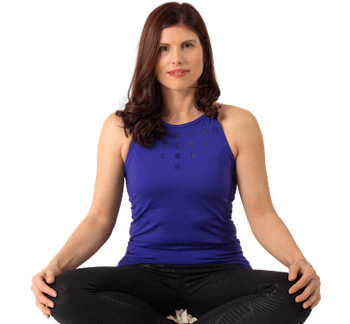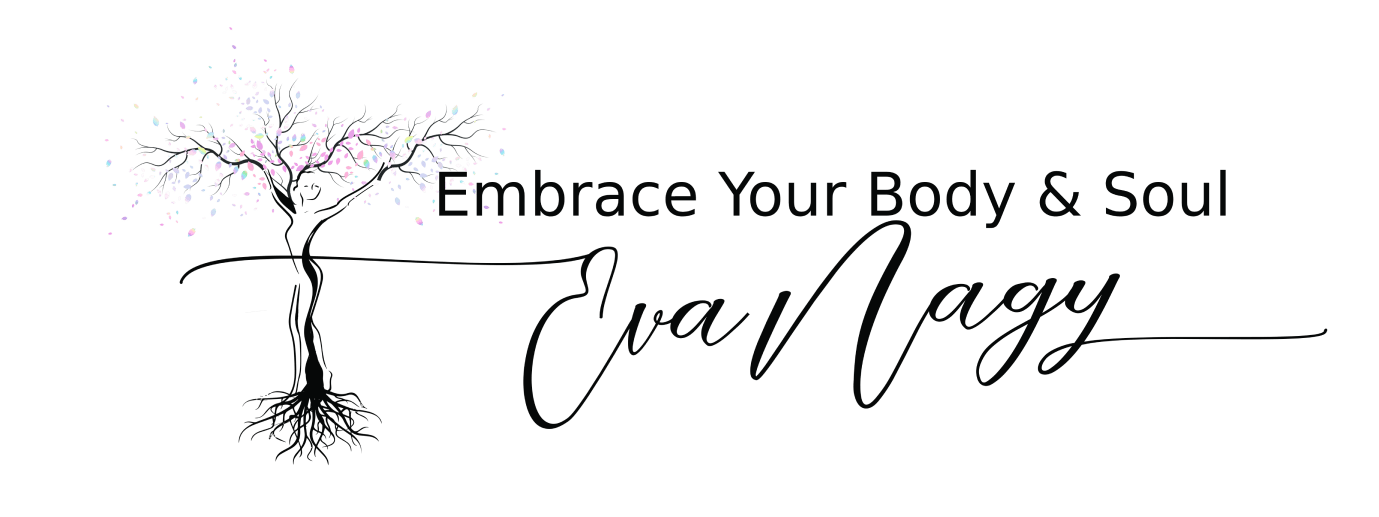Surviving to Thriving
How to make choices that positively impact our future at unusual times?

By Eva Nagy
We are amid a global pandemic, a time of uncertainty. It is normal to feel anxious, lost, or unsure about the future, even if your health and finances have not been affected, and even more so if they have.
All of us react to these unprecedented times differently. Some of us shut down and don’t feel like doing anything. Some of us try to control the situation by taking whatever action we can to have a sense of control. Some of us become hoarders, purchasing things we don’t even need. Some try to eat and drink our fear away. These are completely normal reactions, but they all affect our health, finances, and future.
Understanding the effects of stress and how we respond to it is more important now than ever. We want to make sure that the choices we make today have positive impacts on our present and future.
Before I share some tips with you on what you can do to support yourself as you navigate through these times, I want to remind you about the effects of stress on the human body, the brain, and our thinking. Knowing these facts can motivate us to take action and do what we can to keep our stress levels at bay.
“God, grant me the serenity to accept the things I cannot change,
the courage to change the things I can, and the wisdom to know the difference.” – Reinhold Niebuhr
You are most likely familiar with the physical effects of stress. Our heart rate increases, blood flows to the limbs, pulling away from the organs as we get ready to fight or flight. We don’t digest, heal, recover, or regenerate when we are under pressure!
In the short-term, stress can enhance performance and make us more focused. In the long-term, our memory and the immune system starts to decline. Stress causes inflammation, and it is the underlying cause of many diseases, like diabetes, heart disease, high blood pressure, cancer, to name a few. We must understand this, especially at the time of COVID-19, when our immune system needs to be in top shape to protect us. (If you want to know more about the effects of stress, I highly recommend one of my favorite books called; When the Body Says No, from Dr. Gabor Mate.)
Stress also alters the way we think and make choices, which has consequences on our daily life and future. Under pressure, a part of our brain called the amygdala – that deals with survival instincts-takes over our decision making. While the other part, that deals with higher-ranked tasks shuts down (as seen in an article on Harvard Health Publishing). We become narrow-minded, missing critical details, and can’t think creatively.
These are just facts and words until they become our reality. Unfortunately, most of the time, we don’t take the data seriously unless things get difficult in our lives.
The more we understand about stress, the more we know ourselves, the more control we have over our circumstances.
If that sounds like something you want to have, I want to offer you some tips on how you can support yourself and go from survival mode to feeling whole and thrive.

Tips on how to manage stress
Exercise:
Moving our body when we feel stressed is crucial. As I mentioned before, when we stress, our body gets ready to fight or flight AND move! Instead of that, we sit in front of the computer, watch TV, or scroll on a social media site while getting tenser and more anxious.
To release the tension, we need to move our body to burn off the energy that generates inside of us as a result of cortisol and adrenaline.
So the next time you feel stressed, go for a brisk walk or run, get on your bike, dance in your living room, or take a yoga class. I gave you examples of different intensity exercises on purpose. It is essential to listen to your body, needs, and do what feels right for you. In case you have an injury shaking your limbs for 5 to 10 minutes will do just fine. Try it and enjoy the effects.
Sleep: Our body, the nervous system, needs rest to heal, recharge, and regenerate. Without enough rest, we can’t function as our best selves and don’t have the energy and the motivation to take care of ourselves. We often make bad choices when it comes to food, have a harder time losing weight, and feel anxious when we feel exhausted. If you want to know more about why sleep is so vital and how resting can change your life, check out Arianna Huffington’s book, The Sleep Revolution: Transforming Your Life, One Night at a Time.
Nutrition: “Let food be thy medicine and medicine be thy food.” ― Hippocrates.
Nutrition can make or break us. It changes our biochemistry, affects our health, energy level, and mood. Because stress creates inflammation, following an anti-inflammatory diet can help to heal our body.
It is also critical to keep drinking (alcohol) under control as we try to ease our anxiety. After all, it is a depressant and toxic to the body. The liver already works hard enough when we are under a lot of pressure, adding alcohol (or junk food) to the mixture can make its job harder. Besides the day after we drink, we often feel down, depressed, and anxious. If your goal is to have control over how you feel, have control on how much you drink.
Mindset: “Until you make the unconscious conscious, it will direct your life and you will call it fate”- Carl Jung.
This quote tells it all. With self-awareness, you realize how much more control you have over your life. Mindfulness helps us go from feeling ‘life is happening to us’- the victim mindset to ‘life is happening for us’-creator mindset. We can achieve self-understanding through journaling, analyzing our choices and feelings by asking questions, and digging deeper. Does it take time and tons of work to become mindful? Yes, it does. In the end, you will benefit from the work by creating inner peace, a sense of safety and control, and a feeling of wholeness within yourself independent of what is happening around you. Mindfulness transforms you and your life.
Meditation: It helps to reset your nervous system, the brain, and your thinking. It centers you and can make you feel safe. When you understand the power of your breath and meditation, you will realize the influence it has on controlling your life. The only way to experience the effects of mediation practice is consistency. You do need to put your time into it. To help you begin your practice check out my Guided Breathing meditation on SoundCloud. It is yours for free.
To help you get started, I wanted to give you some guidelines. As I mentioned before, everything begins with understanding yourself. Take the first steps by downloading and answering the questions on the Self-reflection on Stress Management © Worksheet. Use your answers as a guideline to begin your journey.
What did you find out after a bit of self-reflecting?
You might have noticed that some areas of stress management you can work on more than others. I recommend you not to try to change too many things too fast. That can add to your stress levels, Be gentle and kind as you reorganize your life and mind.
I hope the information I provided here helps you to take control of your stress and life. If you feel like you need further guidance, I would love to offer you a 20-minute complimentary call to answer your questions. If you would like to take advantage of the free-call, email to eva@devotedtomysoul.com to set up a time.
Stay safe and healthy,
Eva
